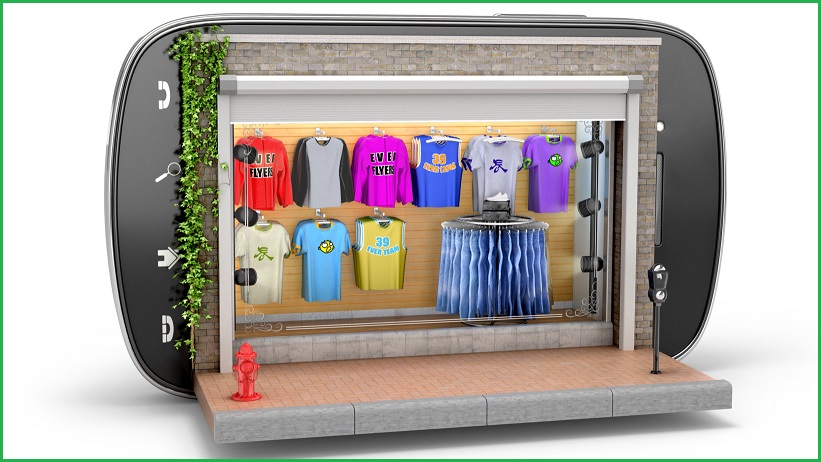The use of immersive technologies such as augmented reality is here to stay after the COVID-19 pandemic transformed ecommerce and rapidly accelerated digital transformation, according to a new report.
A study conducted by Accenture found that nearly 70 per cent of Australians are buying more from brands that have implemented immersive technology in their online experiences.
The survey of more than 3,000 consumers from around the world found that nearly 65 per cent of significant global consumer brands are starting to invest heavily in immersive technologies such as augmented reality, virtual reality and 3D content.
The ongoing pandemic forced brands to near-immediately move their operations online and focus on ecommerce
Accenture head of retail Michelle Grujin said that the use of these immersive technologies isn’t to create the “next best thing” to being in person in a store; it’s actually about creating something better.
The study found it’s no longer enough to just shift a bricks and mortar operation online – brands need to adapt to and embrace new technologies to keep up.
In Australia, nearly 70 per cent of consumers surveyed said they planned to buy more from brands that used immersive technologies, while nearly 60 per cent said they are more likely to remember a brand that regularly offers this.
And more than half of those surveyed around the world said they would be willing to pay more for products that they can customise using this technology.
Here to stay
SMEs need to explore using these cutting-edge technologies even in a post-COVID world, Accenture managing director for strategy and innovation Rori Duboff said.
“The time to reimagine digital commerce is now, as consumers are readying for an evolution of the online shopping experience – especially in the wake of COVID-19,” Duboff said. “Brands need to understand how the rapidly accelerating area of immersive technology can help drive scale in this new era of online shopping.”
Immersive technologies can help people test new products from the comfortable of their own homes and personalise them, Duboff said.
“Unlike anything else in digital commerce, immersive experiences provide accessibility and tangibility. When a few clicks let you see a designer handbag in 3D or a 360-degree view of a mountain top getaway, and augmented reality lets you see if a lipstick colour works with your skin tone, you’re that much closer to experiencing the truth about the product.”
The traditional in-store shopping experience allows consumers to try products to physically determine their quality and fit, and this has often been seen as the missing link in ecommerce, the report said.
But with immersive technologies becoming more affordable and available, this gap is beginning to be closed.
“Consumers want to shop online without sacrificing purchasing confidence,” the report said. “With immersive experiences, they don’t have to.”
According to Accenture, the use of these technologies is an “exercise in truth-seeking”, giving consumers confidence that the product they want will meet their expectations.
The report should serve as a “clarion call” for brands, and immersive technologies should provide the foundation for the future of ecommerce, it found.
“On average, a full two-thirds of consumers think that immersive technologies will be important for merchandising and selling electronics over the next five years,” the report said.
“And of all the media that influence purchasing, immersive is the only one that consumers see growing in the future.”
The benefits of immersive tech include building trust in consumers, helping them feel connected to products, letting them see the product on them, providing education and no longer requiring hardware like clunky VR headsets.
The report found that companies should now be making wise investments in immersive technologies to address fundamentals including strategy, design, technology, operations and trust.










